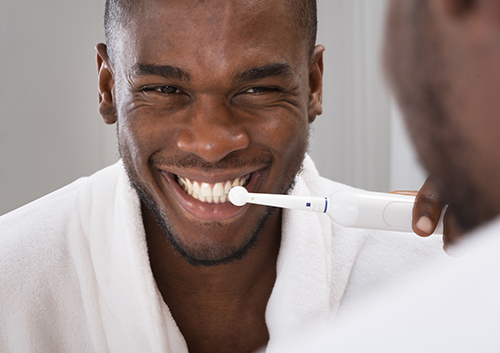How to Handle a Dental Emergency
August 7th, 2024

Whether it’s a broken tooth or injured gums, a dental emergency can interfere with eating, speaking, or other day-to-day activities. According to the American Dental Association , you can sometimes prevent dental emergencies like these by avoiding the use of your teeth as tools or by giving up hard foods and candies.
Even if you take excellent care of your mouth, however, unexpected dental problems can still arise. Our team at Oral Surgery of Tidewater is available 24 hours a day, seven days a week to assess and resolve your individual situation. When an emergency arises, you should immediately make an appointment with our office so we can put you at ease, give you the best possible care, and help you return quickly to your regular routine.
Damaged Teeth
For tooth damage in particular, don’t hesitate to call and schedule an emergency dental appointment. You should come in as soon as possible. However, if you have some time before your appointment there are a few things you can do to avoid further injury. If you break your tooth, clean the area well by rinsing it with warm water. To ease any discomfort, put a cold compress against your skin near the area with the affected tooth.
A dislodged tooth should be handled carefully in order to keep it in the best possible condition. Gently rinse off the tooth without scrubbing it and try to place it back into the socket of your gums. If it won’t stay in your mouth, put the tooth in a container of milk and bring it along to your dental appointment.
Injured Soft Tissues
For other problems, such as bleeding gums or an injured tongue, cheek, or lip, the Cleveland Clinic recommends gently rinsing your mouth with salt water and applying pressure to the site with a moist strip of gauze or a tea bag. If you’re also experiencing some discomfort, you can put a cold compress on your cheek near the area of the bleeding. If the bleeding continues, don’t hesitate to contact our office so you can receive further help.
A dental emergency may catch you off guard, but Dr. Ford and Dr. Guter can provide fast, pain-free treatment. Follow the advice above and set up an appointment with us as soon as possible so you can put your teeth and mouth on the road to recovery.





 Website Powered by Sesame 24-7™
Website Powered by Sesame 24-7™